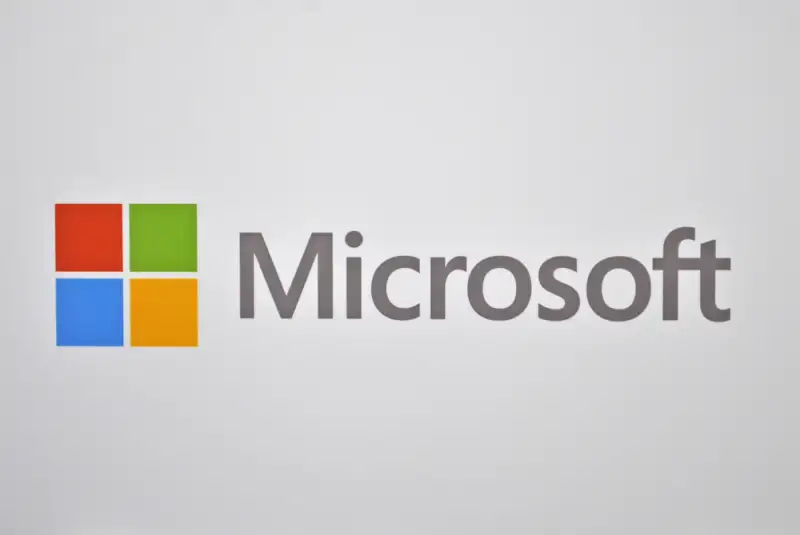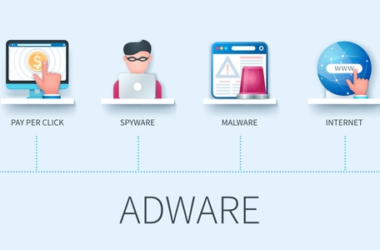The iLeakage: A New Safari Exploit
Attention Apple users! A new security vulnerability has been discovered that affects iPhones and Macs equipped with A and M-Series CPUs. Dubbed as iLeakage, this exploit targets the Safari browser and has the potential to compromise your sensitive data.
Security researchers have recently identified a flaw in the Safari browser that allows malicious actors to gain unauthorized access to your personal information. This exploit specifically targets devices powered by Apple’s A and M-Series CPUs, which are commonly found in iPhones and Macs.
What makes iLeakage particularly concerning is its ability to bypass existing security measures, making it difficult to detect and mitigate. This vulnerability allows attackers to remotely execute code and gain access to sensitive data, including passwords, financial information, and personal files.
Protecting Yourself from iLeakage
Fortunately, there are steps you can take to protect yourself from falling victim to iLeakage:
- Update your software: Ensure that your iPhone and Mac are running the latest version of iOS and macOS. Apple frequently releases security updates to address vulnerabilities, so it’s crucial to keep your devices up to date.
- Use alternative browsers: While Safari is the default browser on Apple devices, consider using alternative browsers like Chrome or Firefox until a patch is released. These browsers may not be affected by the iLeakage exploit.
- Exercise caution: Be wary of clicking on suspicious links or downloading files from untrusted sources. These can be potential vectors for malware and exploits.
- Enable two-factor authentication: Adding an extra layer of security to your accounts can help protect your data even if your device is compromised.
Apple’s Response to iLeakage
Apple has been made aware of the iLeakage exploit and is actively working on a fix. The company takes security seriously and is committed to addressing vulnerabilities as quickly as possible.
In the meantime, Apple users are advised to remain vigilant and follow the aforementioned precautions to minimize the risk of falling victim to iLeakage. Regularly check for software updates and stay informed about any developments regarding this exploit.
Conclusion
iLeakage poses a significant threat to Apple users with A and M-Series CPUs. By staying informed and taking necessary precautions, you can reduce the risk of falling victim to this exploit. Remember to update your software, use alternative browsers, exercise caution while browsing, and enable two-factor authentication to protect your sensitive data.









